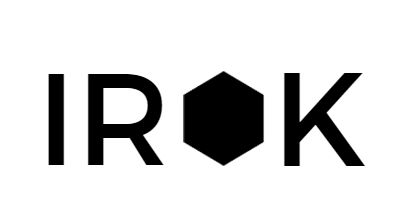An enlightening, initially pride-depleting realization I’ve recently come to—I am not a Visionary. I’ve built my career around the early stage startup realm and vision is a big component to innovative companies, but that’s not where I thrive. I’m the exact complement to a Visionary. I’m an Executor. I don’t spend my time brainstorming big ideas out of thin air, I spend my time calculating the most effective execution strategy for big ideas. I spend my time peeling back the layers to successful companies and studying their processes and steps that got them to where they are. I spend my time analyzing an existing landscape in a startup and its market, and craft the best Get Shit Done approach. This is how I choose my founders that I work with. I *synergize* best with visionaries. BIG visionaries—planning a roadmap is much more enrapturing for me when it’s never been done and it has the potential for global impact. I think of myself as a big cone filter--founders throw their box of fairies, rainbows, and unicorns down the filter, I analyze what we have, what we need, and what’s already out in the world, and design a system of calculated and thoughtful unicorn/fairy/rainbow development and release. What’s the most effective engineering/design team structure? What target audience should we focus on? Who should we approach for partnerships? Which product features should we include or shelve for later? What should the development cadence and process look like? What’s our priority list? What’s our timeline and target milestones? These are the questions I like to ask. And any one of my founders will tell you I do, after they ask questions like—How can we disrupt this market? What’s a problem that effects more than 10,000 people? What’s never been done to solve this problem? The perfect duo.
Nothing is more satisfying to me than immediately talking strategy and plan of attack. I can’t discuss big ideas without doing this. I’ll be the asshole in the room writing out an execution roadmap, calling manufacturers, and assigning engineers tasks while Elon and Bezos are brainstorming how to become a multi-planetary species. Founders provide the block of beautiful, rare, carefully mined block of marble, I start chipping away to build the statue. Founders give me the materials for a stunning beachside mansion that’s never been built into the rocks in that way, I construct the unique but lasting structure that turns the materials into an inhabitable anomaly.
I’ve focused a lot of mental energy into developing self-awareness in the past year, I’ve gotten pretty good at it. The trick is to develop a self-awareness that remains an open box, avoiding boxing yourself into the traits and behaviors that you’ve recognized in that introspection. We are all malleable, influenceable creatures. We are not static or concrete. Thank god. If we want to change, we can. Even if we don’t want to, we do. Some more often than others, depending on how often your surroundings are altered. It’s certainly uncomfortable at first, but vital for growth—lack of movement is death. But I believe it’s important to seek and acknowledge the core components of what makes you tick, the foundational skills and motivators that remain throughout the fluidity of your life, observe and become aware of them, and leverage and apply them in a way that allows you to be your best self in the world.
